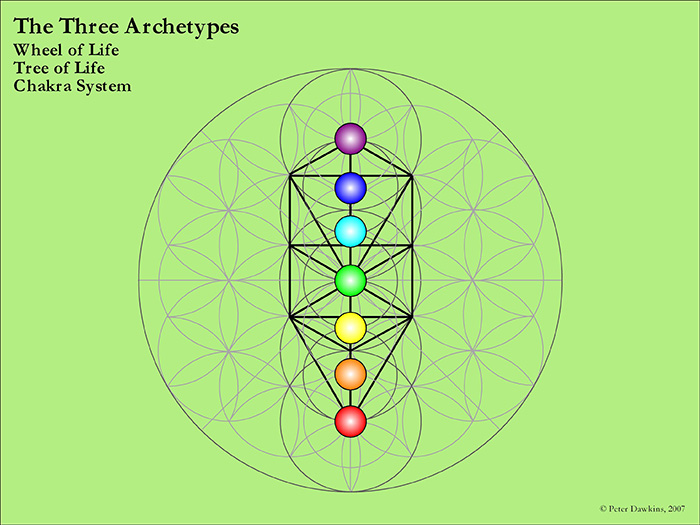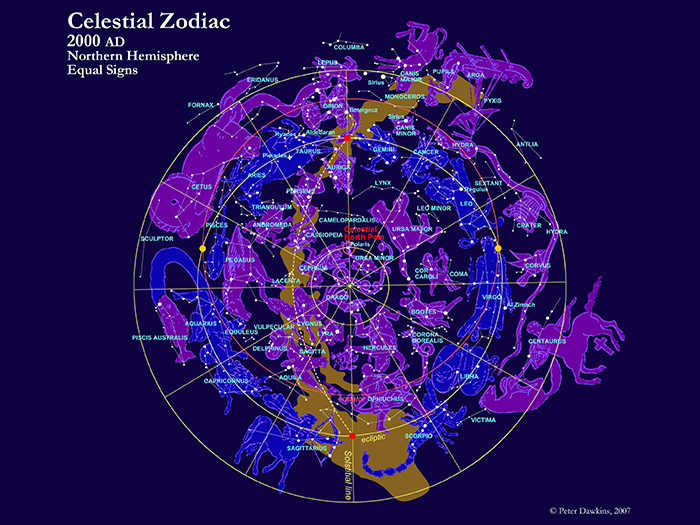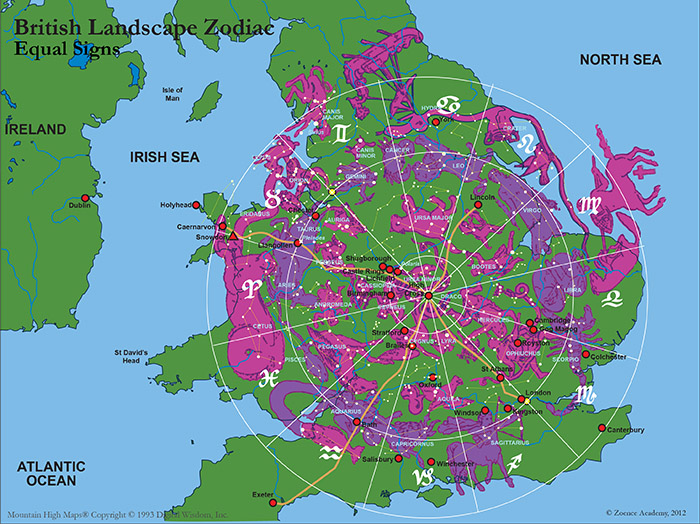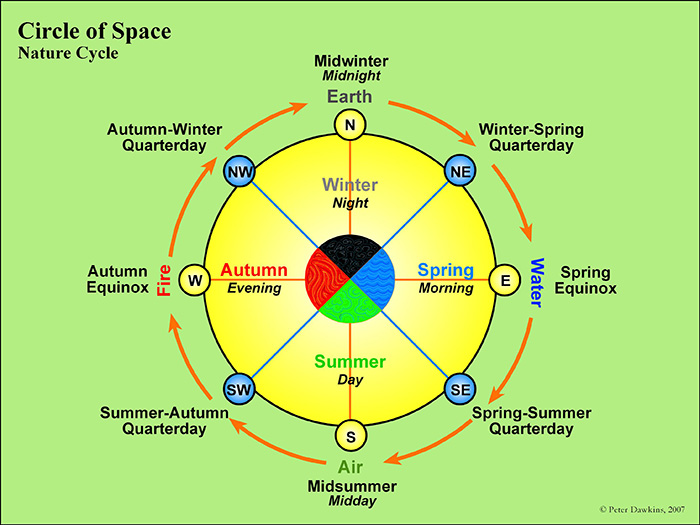Atlas
Atlas, the Phoenix King, king of Atlantis, is also known in various traditions as Enoch, Idris, Osiris, Temu, and Hermes Trismegistus. In all these traditions he is described as the first human soul to please God and be translated alive and bodily to the highest heaven, to become what the Hebraic tradition calls the Messiah, Greek tradition calls the Christos, and Christianity calls the Christ.
As Enoch, he is mentioned several times in the Hebraic-Christian bible (Genesis, Ecclesiasticus and St Paul’s Epistle to the Hebrews), wherein he is described as the son of Lamed, a member of the line of descent through Seth, the fourth son of Adam and Eve, by which the knowledge of God was preserved.
Rabbinic tradition states that Enoch, out of his love for humanity, chose to continually return to earth to help humanity until every human soul has managed to reach the same level of Christhood. As such, Enoch is humanity's Great Teacher, Initiator and Friend.
To do this, Enoch first prepares us and then illuminates us. In the former role he is traditionally associated with Elijah, who prepares the way for each manifestation of the Messiah or Christ, as the herald and witness of the Messiah. (Elijah also was taken bodily up into heaven—in a ‘chariot of fire’.)
This double role (i.e. of preparer and illuminator) is referred to as the First and the Second Coming (Appearance)—first as a shepherd, second as a king. Biblically these roles were allegorised in the story of David, who was first a shepherd and then a king, and also in the combined stories of David and Solomon. The roles were later actualised in John the Baptist and Jesus of Nazareth. (The roles are universal, of course, and in the Eastern traditions they are equivalent to that of a Bodhisattva in Buddhism and of an Avatar in Hinduism.)
In Islamic tradition the prophet Idris is commonly associated with either Elijah or Enoch. Idris, a saint and prophet whom God raised to heaven and who appears whenever some miraculous help is needed, is described in the Koran as a man of truth, sincerity, constancy and patience.
The Sabians (the religious community of the Syrians, reputedly the most ancient of the nations) relate that they received their religion from Seth (the fourth son of Adam, who took the place of Abel) and Idris (Enoch), and that they have a book which they ascribe to Seth, referred to as The Book of Seth. Idris, or Enoch, is also said to have written a book, or set of books.
Idris (Arabic, Idreesa) is the Arabic pronunciation of Osiris (Egyptian, Wesir, or Ausar), the son of Geb (‘Earth’) and Nut (‘Heaven’). His feminine counterpart is personified as his sister Isis (Egyptian, Aset). The name of their son, Horus (Egyptian, Kheru), is that from which the Greek word Christos is derived.
The earliest myth concerning Osiris states that he died through drowning rather than by dismemberment, and then was resurrected with the help of his sister, Isis. This symbolism links with the idea that Enoch was Atlas, king of Atlantis, as stated by Eusebius.
Atlas is identical with the Egyptian god, Temu (or Atum), whose symbol was the sacred hill or island that rises above the waters. Temu was personified as the great predynastic king who was renowned for being the first man to have become divine by being immortalised (i.e. resurrected, or raised above the waters of mortal life) in his physical body. According to ancient Egyptian tradition, the wisdom teachings were derived from Temu, including language, hieroglyphic writing, numerology, cosmology, geomancy, and the seven liberal arts and sciences. The Hebrews later referred to this wisdom as Kabbalah (‘the Received Wisdom’).
The Greeks, in their turn, associated Temu or Enoch with Hermes Trismegistus (‘Hermes the Thrice-Greatest’), as also did the Sabaean cultists of mediaeval Arabia and the Mandaean Gnostics of Iraq, whilst the Romans named him Mercurius (i.e. Mercury)—a name derived, like the Greek Christos, from the Egyptian Kheru, or Maa Kheru, meaning ‘the True Word’.






